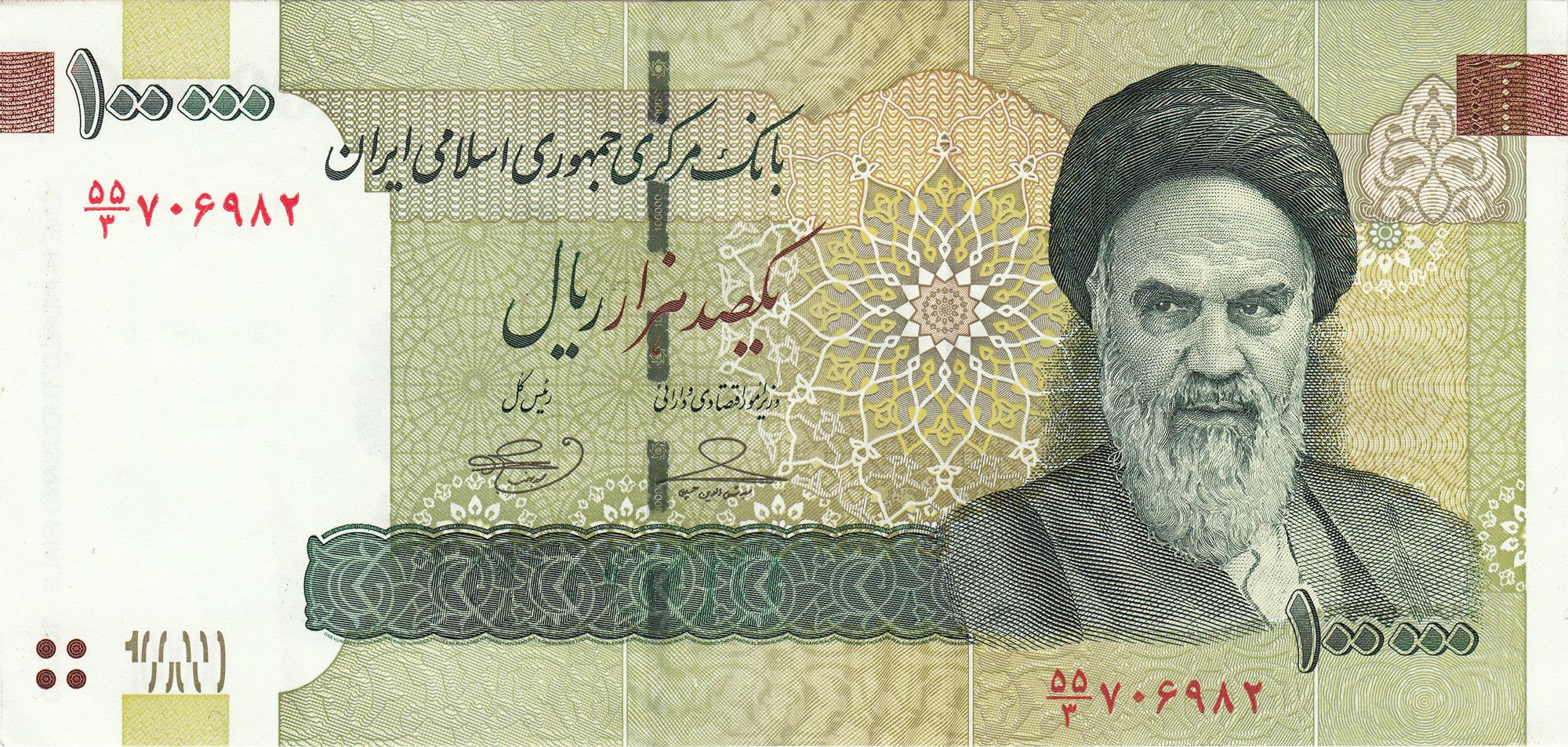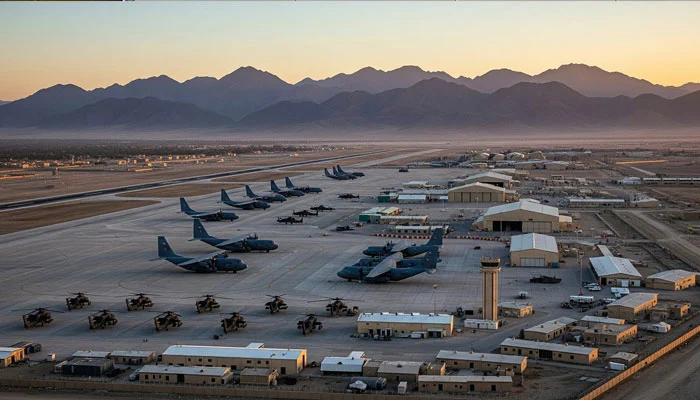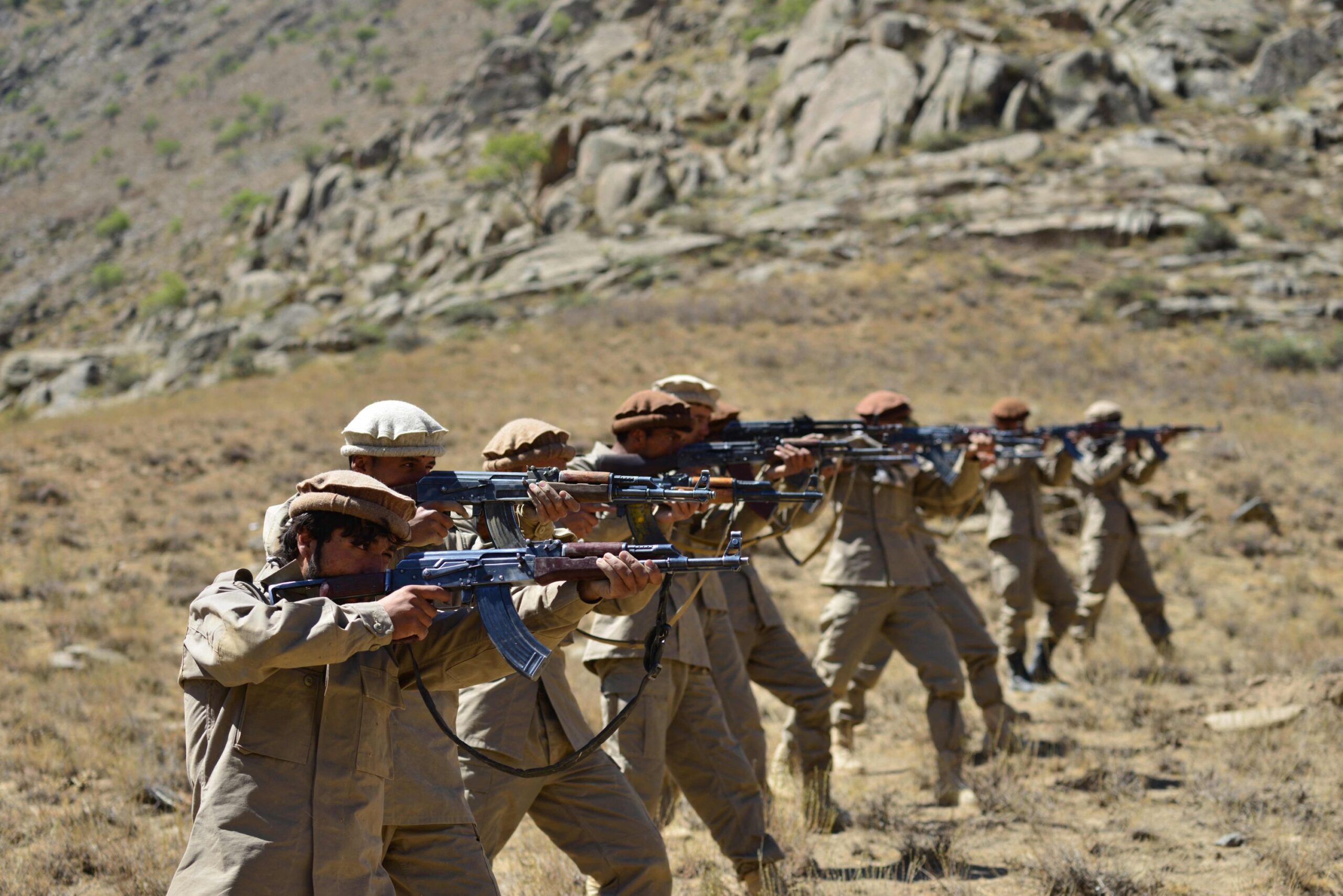The United States has paused negotiations with Canada on a key water-sharing Columbia River Treaty as Donald Trump continues both his threats to annex his northern neighbour and to upend major agreements governing relations between the two counties.
British Columbia’s energy ministry said officials south of the border were “conducting a broad review” of the Columbia River Treaty, the 61-year-old pact that governs transnational flood control, power generation and water supply.
The sprawling Columbia River, which originates in south-eastern British Columbia and terminates in the Pacific Ocean on the Oregon-Washington border, is one of the largest watersheds on the continent. The immense volume of water that moves along its 1,200-mile (1,900km) route produces roughly 40% of US hydroelectric power and nearly half the hydropower in BC.
The treaty first came into effect in 1964, after devastating floods nearly two decades before that destroyed Oregon’s second-largest city and swaths of southern British Columbia.
Under the terms of the agreement, Canada must control the flow of the Columbia River through its network of dams to ensure US hydropower generators receive enough water and to prevent flooding. Those benefits are worth roughly $200m (C$288m) annually for the province.
For its part, the US must also give Canada half the additional potential hydroelectric power produced by dams, which it sells at market rate.
Under former president Joe Biden, the two countries reached an in-principle deal on a new version of the decades-old treaty in July, ahead of the September expiration deadline of the treaty.
Despite a concerted push on both sides to finalize a deal before Trump took office, however, the final details of the treaty remain unfinished, with only a three-year interim agreement in place.
Also See: G7 Foreign Ministers Meet in Canada Amid Rising Tensions With Trump
In recent weeks, Trump has taken an increasingly combative stance towards Canada, calling its border “imaginary”, musing about inflicting “historic financial devastation” on a longtime ally and threatening to tear up the myriad treaties between the two countries.
Last year, then candidate Donald Trump referred to the “large faucet” in British Columbia that could be turned on to help a parched California – an idea widely interpreted to refer to the Columbia River.
Indigenous peoples were denied a seat at the table when the agreement was first made, despite the river passing through vast tracts of unceded territory. There were hopes that the multi-year renegotiation of the pact would finally see Indigenous rights recognized in Canada and work to restore critical habitats for endangered salmon.
While the future of the pact looks uncertain, either nation must give a 10-year notice before abandoning the deal.
On Tuesday, British Columbia’s energy minister, Adrian Dix, said his government would hold information sessions later this month to help residents understand the implications of the pause.
He pledged that “we’re going to fight … everywhere, including in these negotiations” amid hostility from the White House.
“The vicious, anti-Canadian attacks that have been made on us … They do cause concern.”
This news is sourced from The Guardian and is intended for informational purposes only.

![The US halts Columbia River Treaty talks as Trump threatens Canada, putting water-sharing and hydropower at risk. [Image via Getty Images]](https://southasiatimes.org/wp-content/uploads/2025/03/3955.webp)




